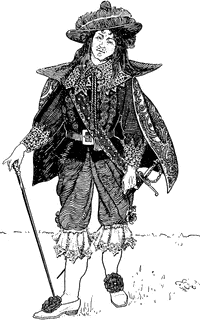23 June 2014
We love them—but can we trust them? When we're fortunate enough to find diaries or memoirs that relate to the subject of our research, we should pose at least the following questions:
- Has the work been prepared for publication by the author—or has an editor intervened?
- Was the manuscript written concurrently with the events that are discussed (as with a diary) or retrospectively at a later point (as common with memoirs)?
- Does the author make fantastical or self-glorifying claims, or does he or she appear to strike an objective balance in reporting events described from personal participation?
- When factual assertions can be tested, do they stand up to that fact-checking?
And if the work is edited:
-
What guidelines are set forth by the editor with regard to punctuation and other emendations?
- Does the editor add notes to identify people or discuss events mentioned in the manuscript? If so, does the editor's additions meet the expected citation standards? Do they stand up to fact checking as well?
IMAGE: Arguably the world's most-famous diarist, Samuel Pepys (23 February 1633-26 May 1703), an English Member of Parliament and naval administrator, who had no naval experience, earned his post through patronage, yet succeeded in reforming the Admiralty under King James II. The dichotomy between the qualifications Pepys brought to his post and the quality of his achievements are a handy reminder of why we must thoughtfully analyze the elements each diarist brings to the writing table.
SOURCE: The October Century Magazine LXXIV, no. 6 (London: MacMillan and Co., 1907), page not stated; image courtesy of the private collection of Roy Winkelman; digitized at University of South Florida's Florida Center for Instructional Technology, ClipArtETC (http://etc.usf.edu/clipart/62500/62594/62594_s-pepys.htm : downloaded 16 June 2014), a public domain image.
Edited Published Diaries and Memoirs
I want to be able to check whether an editor/compiler has changed wording, deleted passages or even added her/his own language without identifying such instances.
Where politically-charged contexts are involved, this can be treacherous territory for manuscripts.
Fact-checking
Definitely, Jade. The fact-checking for edited works is extremely important. The various versions of the Civil War diary of Mary Boykin Chesnut make your case very well.